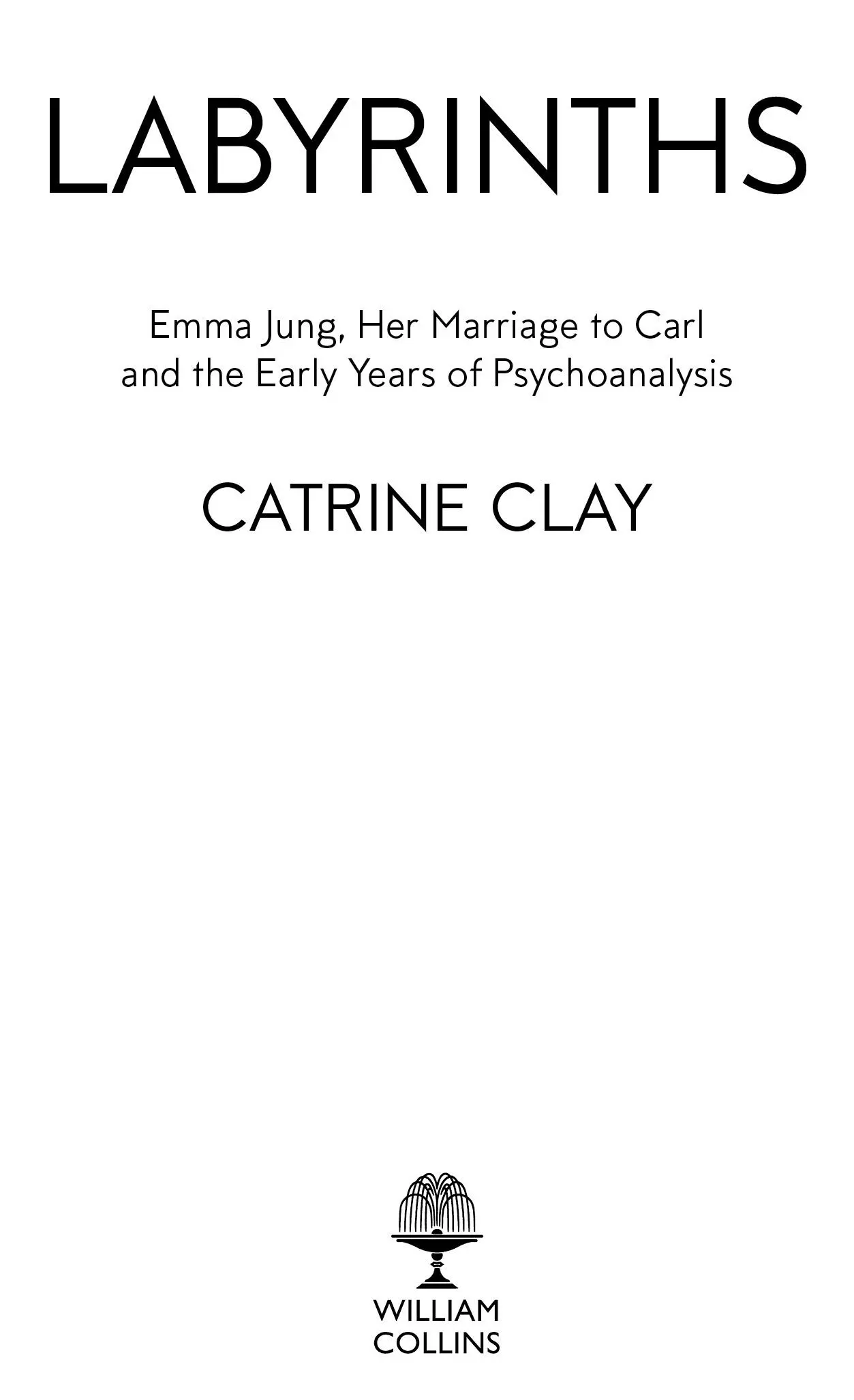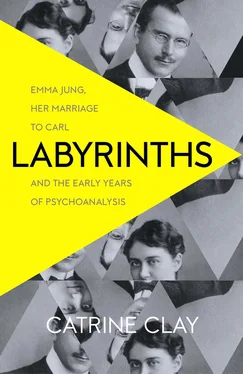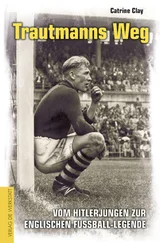
William Collins
An imprint of HarperCollins Publishers
1 London Bridge Street
London SE1 9GF
www.WilliamCollinsBooks.com
First published in Great Britain by William Collins in 2016
Copyright © Catrine Clay 2016
Catrine Clay asserts the moral right to be identified as the author of this work
A catalogue record for this book is available from the British Library
Cover photograph © Photo Researchers/Mary Evans Picture Library
All rights reserved under International and Pan-American Copyright Conventions. By payment of the required fees, you have been granted the non-exclusive, non-transferable right to access and read the text of this e-book on screen. No part of this text may be reproduced, transmitted, down-loaded, decompiled, reverse engineered, or stored in or introduced into any information storage and retrieval system, in any form or by any means, whether electronic or mechanical, now known or hereinafter invented, without the express written permission of HarperCollins.
Source ISBN: 9780007510689
Ebook Edition © August 2016 ISBN: 9780007510672
Version: 2017-08-24
For Gaby
Mini liebe Cousine und Helferin
Cover
Title Page
Copyright
Dedication
Epigraph
1 A Visit to Vienna
2 Two Childhoods
3 A Secret Betrothal
4 A Rich Marriage
5 Tricky Times
6 Dreams and Tests
7 A Home of Their Own
8 A Vile Scandal
9 Emma Moves Ahead
10 A Difficult Year
11 Ménage à Trois
12 The Great War
13 The Americans
14 Into the Twenties
15 Coming Through
Notes
Bibliography
Picture Section
Picture Credits
Acknowledgements
Index
About the Author
By the Same Author
About the Publisher
‘Their [marriage] partners can easily lose themselves in such a labyrinthine nature, sometimes in a not very agreeable way, since their sole occupation then consists in tracking the other through all the twists and turns of his character.’
Carl Jung
1
On Saturday 2 March 1907 Carl and Emma Jung arrived in Vienna for a five-day visit. They stayed at the Grand, the city’s most fashionable hotel, just a few minutes’ walk from the Opera and the famous Ringstrasse. Accompanying them was Ludwig Binswanger, an assistant at the Burghölzli lunatic asylum in Zürich, where Carl Jung worked as a doctor and first assistant to the director Eugen Bleuler. At ten the next morning the threesome waited to be collected by Sigmund Freud, who had invited them to Sunday luncheon at his family home, a short walk away at 19 Berggasse. None had met the Herr Professor before, though Jung and Freud had been corresponding for over a year.
Emma Jung was twenty-four, attractive – her wavy brown hair pinned up under a large hat – and very wealthy. But although her outfit was expensive, with its long skirts and furs against the March cold, it was not showy, because Emma herself was not showy. Carl was strikingly good-looking in a Teutonic sort of way – light brown hair, small moustache, dark eyes behind gold-rimmed spectacles, over six foot tall and powerfully built, with an imposing presence: a brilliant and ambitious young man just beginning to make his mark on the new and as yet not very scientific field of ‘Psychoanalysis’, of which Professor Freud, twenty years his senior, was already the acknowledged master. Anyone observing Emma and Carl Jung seated on the plush velvet canapé in the elegant foyer of the Grand Hotel – with its chandeliers, ornate galleries, steam-powered elevator and liveried footmen and porters – would have seen a couple perfectly fitted to their surroundings: rich, handsome, young, and, by all appearances, happy.
But appearances can be deceptive. Some time before the Jungs left their home town of Zürich for Vienna, Emma had considered delivering her husband an ultimatum: either change his ways or she would divorce him – a shocking and rare thing at the beginning of the twentieth century, and one utterly alien to the retiring character of Emma Jung. She felt lost in the labyrinth of her marriage to Carl, beset with problems. Life could not go on the way it was.
By 1907 the Jungs had been married for four years and had two young daughters – Agathe, aged three, and Gretli, almost two – who were being cared for back in Zürich by the children’s maid, helped by Carl’s mother and his unmarried sister Trudi. Four years might not be long, but it was long enough for Emma to discover the extent and complexity of her situation, though not long enough to know what to do about it. The problem was twofold: Carl’s outward manner, so confident he could come across as arrogant, concealed a very different and infinitely more complicated interior, one which constantly eluded Emma, however hard she tried to understand it. The second problem was no easier to solve: Carl was always flirting with other women, and they with him, provoking in Emma emotions she had never even known she possessed: storms of jealousy and fury followed by terrible feelings of self-doubt and recrimination. On top of all this Carl was extremely ambitious, working day and night at the asylum like a man possessed, driven by a conviction that he had a special understanding of the insane, because in many ways he was so like them. One way or another, it left almost no time for family life. Emma would spend hour upon hour in the Jungs’ apartment on the second floor of the Burghölzli asylum waiting for her husband to return.
There were further complicating factors. Emma came from a well-known family of wealthy industrialists, the Rauschenbachs of Schaffhausen, making her one of the richest heiresses in Switzerland. Carl on the other hand was the son of a poor pastor of the Swiss Protestant Reformed Church. In fact, he was in debt when he first met Emma to the tune of 3,000 Swiss francs, which at a time when a working man might earn thirty francs a week was a very large sum indeed. It was a humiliation for Carl, this poverty, because the Jung family was respected in his home town of Basel and most of them were not poor at all. But his father, for reasons best known to himself, chose to work in remote parishes which barely offered a living. So they were the poor relations and Carl hated it. On marrying Emma he inherited all his wife’s money and possessions, and became not only debt-free but a man of independent means in his own right, and able to support his impoverished mother and sister. Uncertain whether the young, ambitious Herr Doktor Jung was not just a plain old-fashioned fortune-hunter, Emma’s family allotted her an additional monthly allowance of her own. In the event of a divorce everything each partner brought to the marriage reverted to them – a useful tool when delivering an ultimatum.
This is how things stood between the couple waiting for Herr Professor Freud in the foyer of the Grand Hotel in March 1907. One thing, however, was clear: Emma loved Carl fiercely and was prepared to fight to the bitter end to keep him. Carl, for his part, may or may not have married his wife for her money. But it certainly was not his only reason. The deeper reasons, true to his character, were infinitely more complicated.
The Jungs’ spring break was a useful distraction, travelling to three countries over a period of three weeks, just the two of them, and staying at the very best hotels. Their tour would take them to Budapest, then Fiume and Abbazia in northern Italy, but their first stop was Vienna, where Carl had already made arrangements. ‘I shall be in Vienna next Saturday evening, and hope I may call upon you on Sunday morning at 10 o’clock,’ Carl had written to the Hochverehrter – highly esteemed – Professor Freud on 26 February. ‘My wife has relieved me of all obligations while I am in Vienna,’ he added, and ‘I shall take leave, before my departure, to let you know at what hotel I am staying, so that you could if necessary send word there. Most truly yours, Dr Jung.’
Читать дальше













